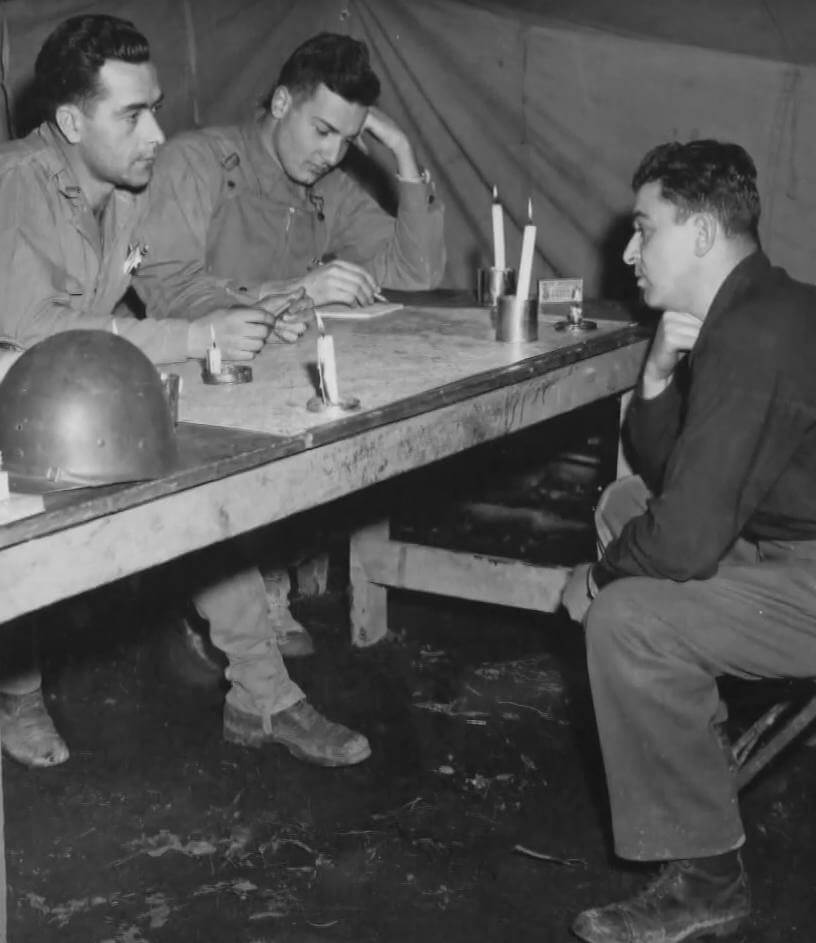In the high-stakes world of wartime espionage, information is the most valuable currency. Interrogators often rely on complex psychological tactics to extract secrets from enemy combatants. But in one incredible instance during World War II, a U.S. intelligence officer used the simplest tool of all—a coin flip—to outwit a high-ranking German officer and obtain intelligence that would save countless lives.
The story involves the "Ritchie Boys," a secret U.S. military intelligence unit composed primarily of German-Jewish refugees. Having fled Nazi persecution, these men possessed an invaluable understanding of the German language and culture. One of these operatives, Guy Stern, was tasked with interrogating a captured German general who stubbornly refused to cooperate. The general was arrogant, lecturing Stern on the superiority of German logic over what he perceived as foolish American reliance on luck.
Sensing an opportunity, Stern made a daring proposal. He pulled out a coin and offered a deal: they would flip for it. If the general won the toss, the interrogation would end immediately. If Stern won, the general had to answer every question truthfully. Amused and confident, the general agreed, seeing it as a chance to prove his point. He called "Heads." The coin landed on "Tails." Trapped by his own code of honor and belief in a "fair" outcome, the defeated officer upheld his end of the bargain. He provided a wealth of critical information about German troop positions and plans, all thanks to a brilliant psychological play that turned a simple game of chance into a life-saving weapon.


